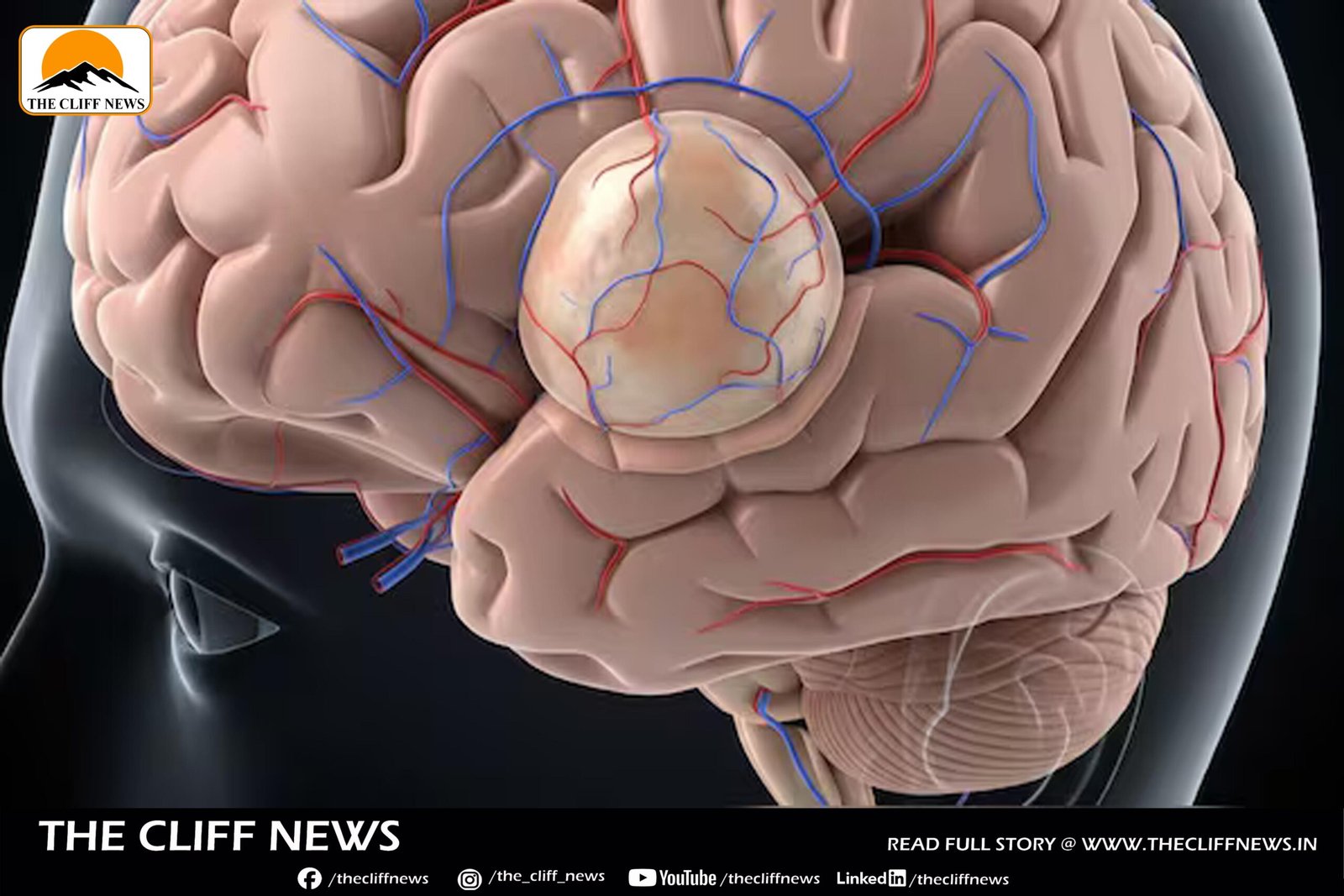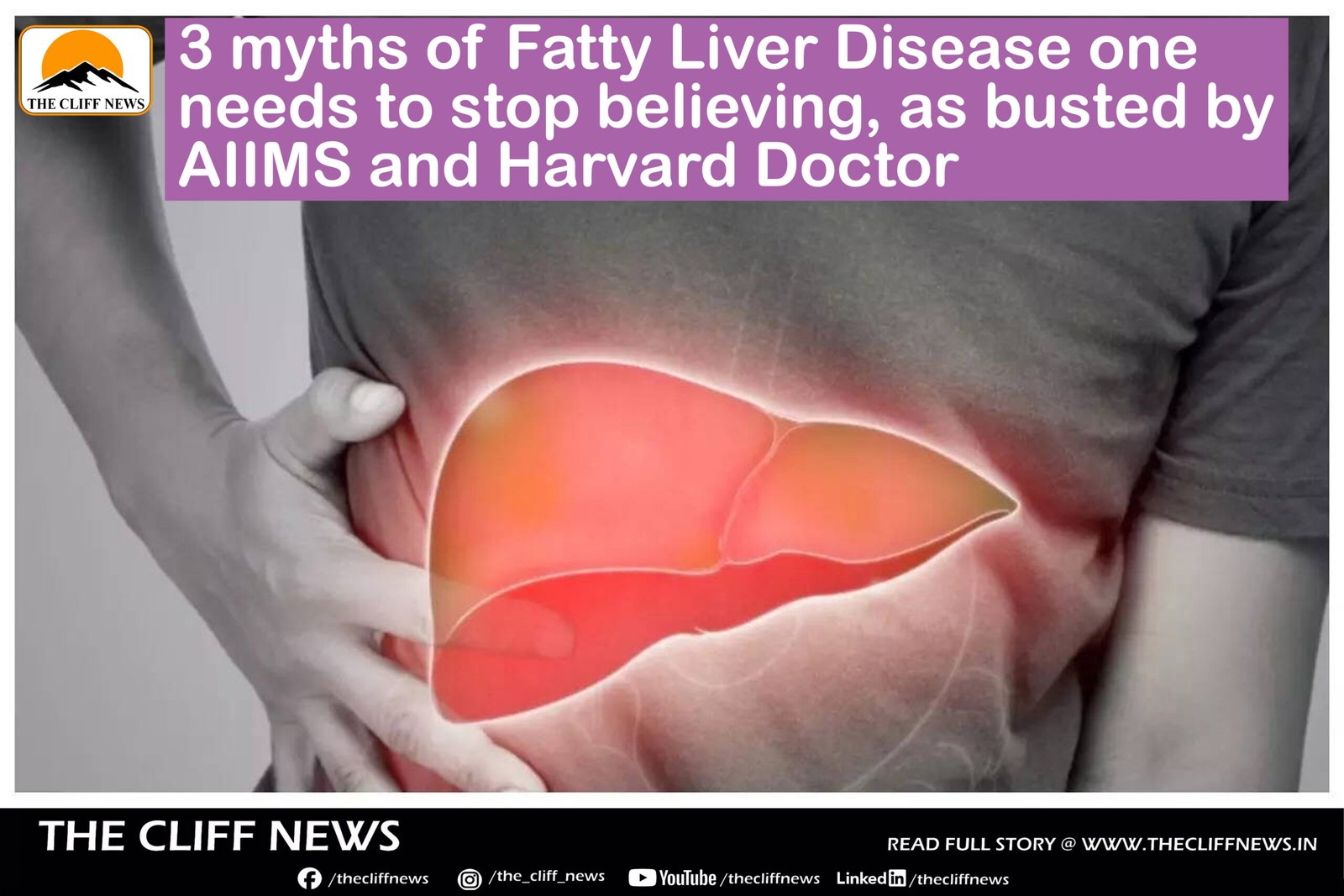On World Brain Tumour Day, leading medical professionals are calling for increased public awareness about brain tumours—a neurological condition that remains one of the most complex and life-altering, yet often misunderstood. Despite advancements in medicine, early detection remains a major challenge, largely due to a lack of public knowledge about subtle symptoms and risk factors.
Dr. Harisha P N, Senior Consultant of Neurosurgery at Manipal Hospitals (Yeshwanthpur), explained that brain tumours are essentially abnormal cell growths within or near the brain. “These tumours can be malignant (cancerous) or benign (non-cancerous) and may originate from various parts of the brain or adjacent structures like the skull or nasal passages,” he said.
Warning Signs: Don’t Ignore These Symptoms
The symptoms of a brain tumour depend on its type, size, and location, but there are several key signs people should be aware of:
- Persistent and worsening headaches, especially in the morning or with movement
- Unexplained seizures
- Nausea or vomiting without a clear cause
- Visual disturbances such as blurred or double vision
- Hearing issues like tinnitus or sudden hearing loss
- Coordination problems or balance issues
- Fatigue, personality changes, speech issues, or numbness in the limbs
“The tumour’s position in the brain can lead to very specific effects, like trouble swallowing, limb weakness, or tingling,” Dr. Harisha added.
Not All Tumours Are Cancer
Contrary to popular belief, not every brain tumour is fatal. “Many, like meningiomas or pituitary tumours, are benign,” Dr. Harisha noted. “However, even benign tumours can exert pressure on nearby brain tissue, leading to serious symptoms. That’s why timely diagnosis is crucial.”
Diet, Devices, and DNA: Understanding Risk Factors
While the causes of brain tumours aren’t always clear, research is beginning to link lifestyle factors with potential risk:
- Obesity and poor diet have shown associations with multiple cancers and may be linked to brain tumours as well.
- Protective foods—like green tea, leafy vegetables, and folate-rich diets—may help lower risk, though more research is needed.
- Chronic inflammation—due to infections or genetic predispositions—is increasingly recognised as a contributing factor.
Dr. Harisha stressed that ionising radiation, such as from radiotherapy, does increase tumour risk. However, routine imaging methods like X-rays or CT scans involve minimal exposure, and techniques like MRI and ultrasound are completely safe.
As for one of the most debated topics—mobile phones—Dr. Priyanka Kisan Pokhariyal, Consultant Physician at Saifee Hospital (Mumbai), clarified: “While mobile phones emit radiofrequency radiation, it’s non-ionising and not strong enough to damage DNA. Current evidence does not support a direct link to brain tumour development.”
The Takeaway: Early Action Can Save Lives
Brain tumours are not always deadly, but ignoring symptoms or delaying diagnosis can be. As experts highlight on World Brain Tumour Day, the path to better outcomes lies in awareness, early detection, and dispelling misinformation. Recognising the signs and seeking timely medical evaluation could make all the difference.



